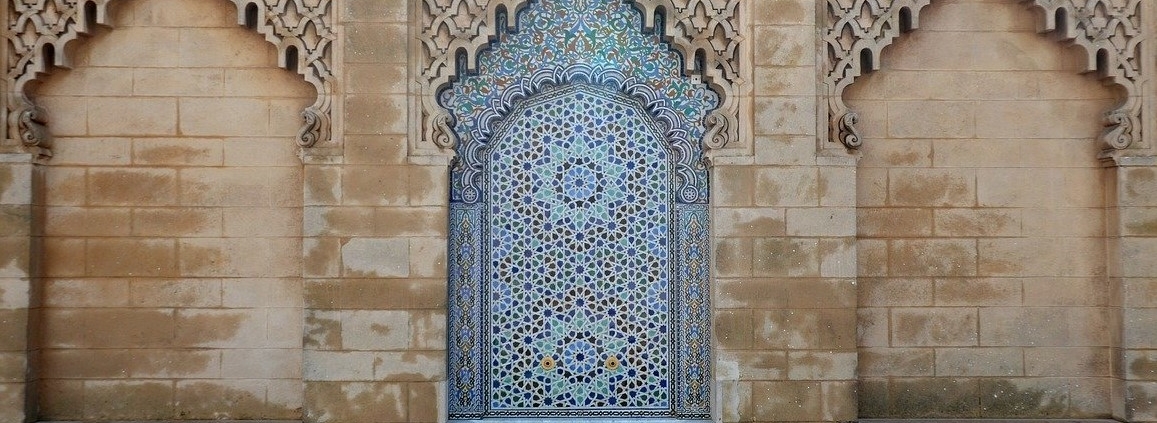Am I A Kafir For Not Denouncing Someone Mocking Islam?
Answered by Shaykh Abdul-Rahim Reasat
Question
I was sitting in a place where Islam was being mocked. I did not denounce it, and I knew that if I did not denounce it I will be a kafir. I still did not denounce it, and then it came into my mind what was doing, so then I did. This all happened within 10-20 seconds.
Am I kafir?
Answer
I pray you are well.
Not Denouncing is Not Kufr
No, you are not a kafir. Not denouncing the mockery of Islam does not make one a kafir.
The Messenger of Allah (Allah bless him and give him peace) said, “Whoever of you sees something wrong he should change it with his hand. If he’s not able then with his tongue. If he’s not able then with his heart – and that is the weakest of faith.” (Muslim) This is an important hadith in this matter.
The fact that you felt that you should denounce it shows that you disliked the matter and wanted it changed. That is from the third category in the hadith. There can be other factors involved too, such as feeling overwhelmed or too scared to speak.
Find Better Company
It’s important for you to avoid places and people who would criticize Islam. This can lead to disastrous results for your iman. Even if they are cool, funny, and popular. None of those things will help on the Day of Judgement.
Keep the company of people who will inspire you and will nourish your iman. Also, it’s important to learn the details of belief and fiqh so you’re prepared if you ever face such a situation again.
May Allah grant you the best of both worlds.
[Shaykh] Abdul-Rahim
Checked and Approved by Shaykh Faraz Rabbani
Shaykh Abdul-Rahim Reasat began his studies in Arabic Grammar and Morphology in 2005. After graduating with a degree in English and History he moved to Damascus in 2007 where, for 18 months, he studied with many erudite scholars. In late 2008 he moved to Amman, Jordan, where he continued his studies for the next six years in Sacred Law (fiqh), legal theory (Usul al-fiqh), theology, hadith methodology, hadith commentary, and Logic. He was also given licenses of mastery in the science of Quranic recital and he was able to study an extensive curriculum of Quranic sciences, tafsir, Arabic grammar, and Arabic eloquence.
